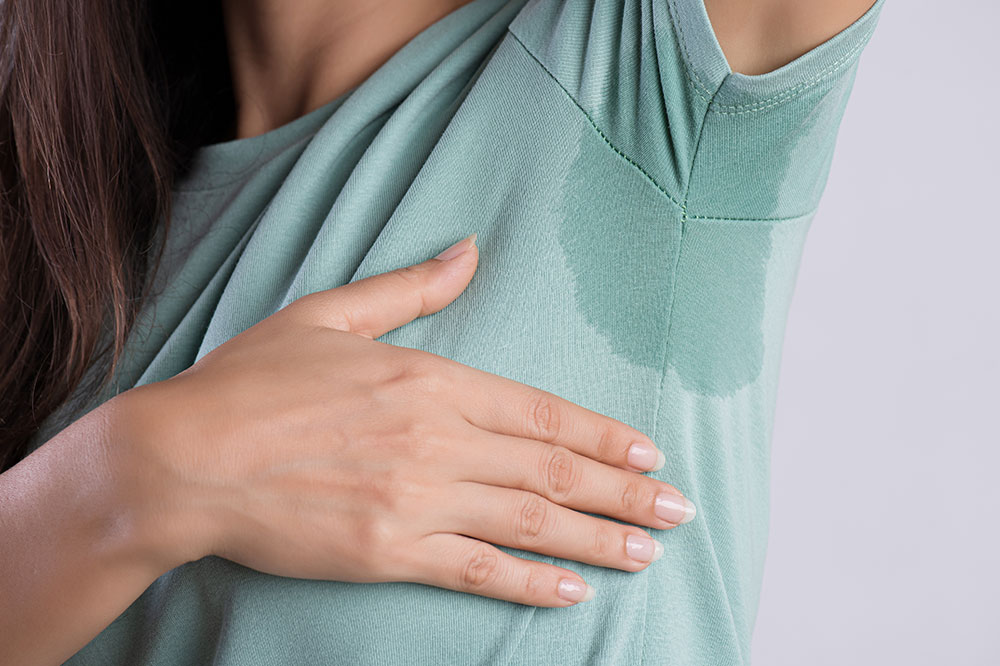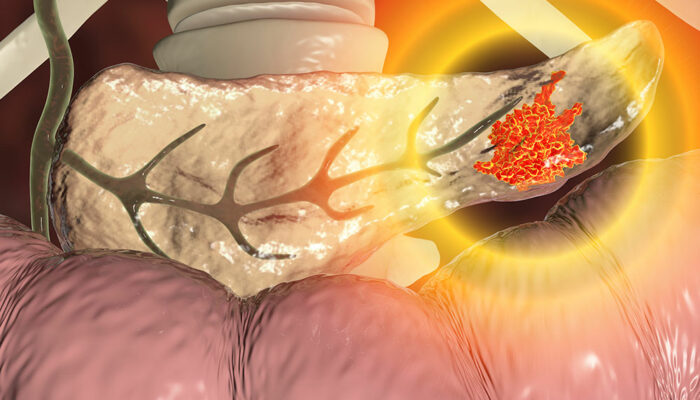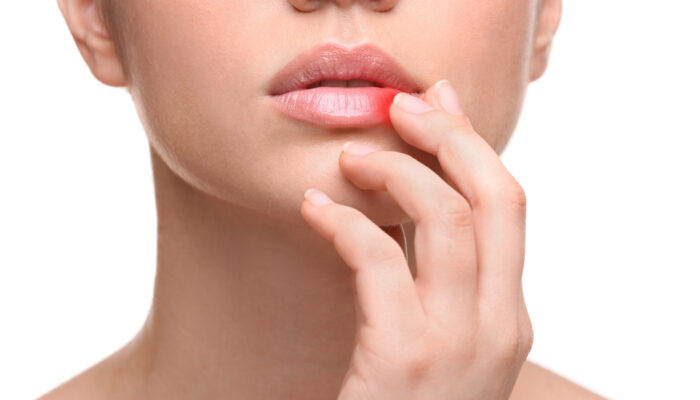
Excessive Sweating – Causes and Treatment
Sweating is common, but a situation where sweat starts dripping from the hands is rare. When that happens, one should probably get themselves checked as they could be suffering from hyperhidrosis. It is a condition that involves excessive sweating from all parts of the body. People with this condition sweat so much that it becomes almost embarrassing and starts affecting their self-confidence.
While hyperhidrosis is a harmless condition and can be treated by medications, surgical procedures, and simple home remedies, it is often triggered by a more serious underlying condition. To know what they are, let us first break down hyperhidrosis.
Hyperhidrosis is of two types: primary and secondary.
1. Primary Hyperhidrosis
Primary hyperhidrosis is the more common type of hyperhidrosis. It typically begins in childhood or after puberty and usually has no underlying cause for it. Patients with primary hyperhidrosis sweat from a certain type of sweat gland called eccrine sweat glands. They are found on the feet, face, and palms, and make up the majority of the 2-4 million sweat glands in the body.
These sweat glands are activated by the nerves whenever the body is overheated, in the middle of an activity, when one is feeling emotional, or as a result of hormones. When those nerves overreact, it causes hyperhidrosis.
While no definite cause for primary hyperhidrosis has been identified so far, certain factors are known to trigger it. Some of them are
- Alcohol and substances
- Stress
- Exercise
- Caffeine
- Warm weather
- Spicy foods
Fortunately, the condition can be treated easily using over-the-top medications like antiperspirants, oral or topical medications like anticholinergics, and non-invasive procedures like miraDry. miraDry is the latest of the lot and is approved by the FDA as well. It eliminates sweat and odor glands in the armpit area, using non-invasive electromagnetic energy, and is highly effective with permanent results.
2. Secondary Hyperhidrosis
Secondary hyperhidrosis is different from primary hyperhidrosis in the sense that it is caused due to an underlying medical condition. Such a condition can also be triggered by the side effects of a medication or supplement, causing sweating to occur all over the body. It continues at night as well, while unlike primary hyperhidrosis, secondary hyperhidrosis is most often seen in adults.
As for the potential medical conditions that trigger secondary hyperhidrosis, some of them include
- Diabetes
- Hyperthyroidism
- Menopause
- Anxiety
- Obesity
- Parkinson’s disease
- Rheumatoid arthritis
- Lymphoma
- Gout
- Infection
- Shingles
- Heart attack or heart failure
- Respiratory failure
Medications that may trigger secondary hyperhidrosis are
- Alzheimer’s medications
- Antidepressants
- Diabetes drugs, including insulin and sulfonylureas
- Pilocarpine (for glaucoma)
The medications that are used in the treatment of primary hyperhidrosis can be used to treat secondary hyperhidrosis as well. Talk to a doctor before proceeding with treatment. That is because secondary hyperhidrosis is caused due to a medical condition, so the treatment must not adversely affect the disease causing excessive sweating.



